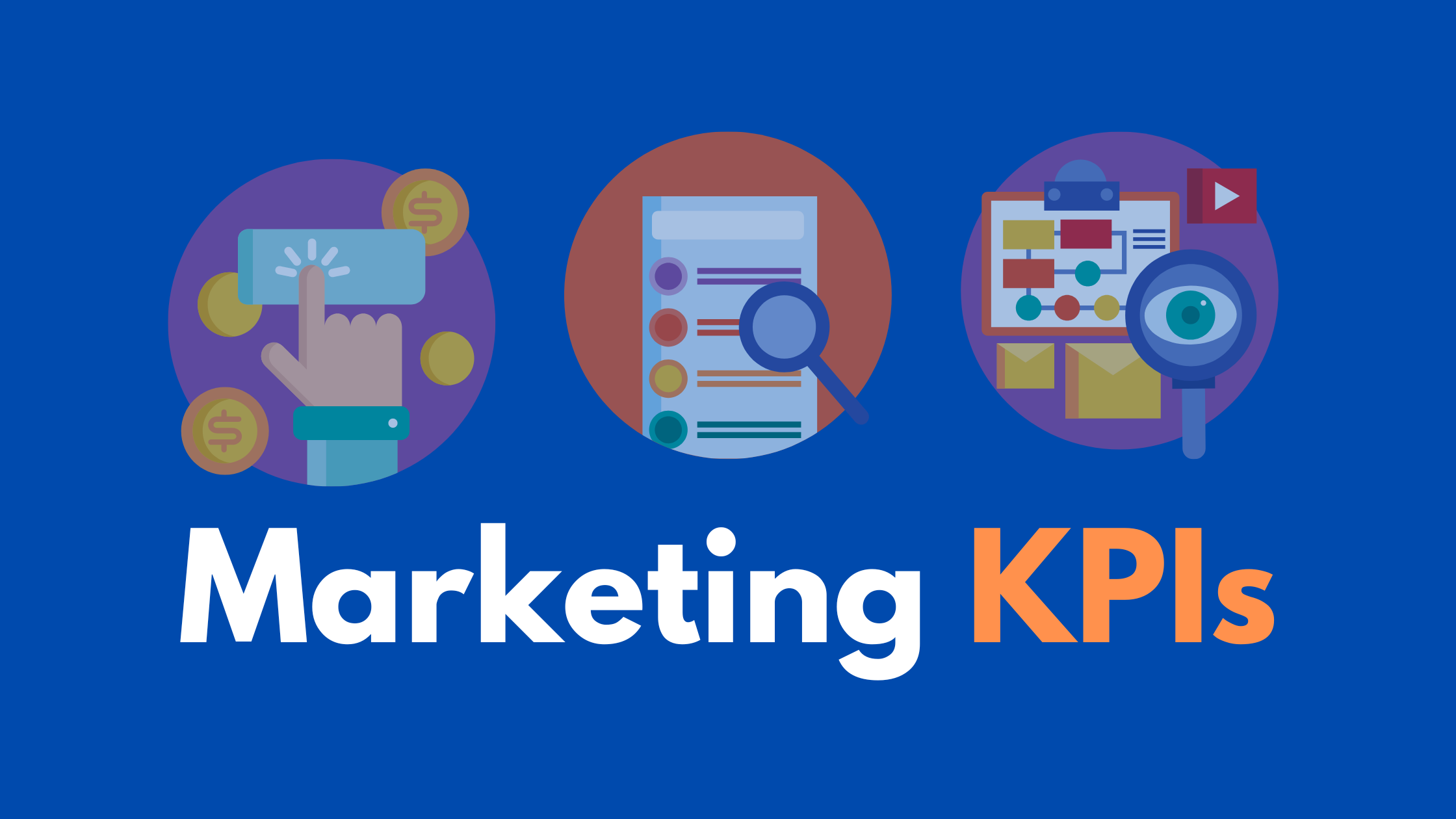What is a KPI in marketing? Every marketer and brand should know the answer to this question if they want to track their marketing efforts accurately and see the results of their campaigns.
Learn what KPIs are, why they are so important, and what KPIs you should track if you want to understand and effectively analyze the results of your marketing campaigns.
What Is a KPI in Marketing?
A key performance indicator (KPI), is a measurable value that shows progress in reaching a business goal.
A KPI in marketing is a measurable value tied to specific objectives of a marketing campaign. It indicates progress during the campaign and helps measure marketing effectiveness at the end of a campaign.
KPIs in marketing is slightly different from traditional marketing metrics. KPIs are tied to progress. They show performance related to specific projects and campaigns. Marketing metrics are numbers that should be consistently tracked to understand the status of marketing campaigns and whether they are helping to meet KPIs and business goals.
Why Are KPIs in Marketing Important?
It’s not enough to know the answer to “what is a KPI in marketing?” You also need to know why KPIs are important.
KPIs in marketing are important because they help you define:
- Where you are going (What are your goals and marketing objectives?)
- How to get there (What do you need to do to reach those goals?)
- If you made it to your final destination (Did your efforts produce valuable results?)
- How to take a better route the next time (What can you change to get better results?)
Without KPIs, it’s difficult to create strategic marketing campaigns and assess marketing results.
Also, KPIs help you prove the value of your marketing campaigns to upper management and clients. You can add KPIs to a marketing report template to illustrate your results and marketing ROI.
Top 15 Marketing KPIs to Track
There are dozens of KPIs related to marketing. The types of marketing metrics you should track will vary based on the kind of campaign you’re running and the goals you’ve set.
Here is a list of the most commonly used and valuable KPIs in marketing.
1. Number of Conversions
A conversion happens when a user takes a desired action. For your marketing campaigns, you can track a variety of conversions. A conversion could take place when someone:
- Opens an email
- Clicks a link
- Fills out a form
- Calls a phone number
- Makes a purchase
- Or otherwise performs an action you wanted them to
2. Conversion Rate
The conversion rate is a percentage point that shows the number of conversions divided by the number of people who visited your website.
Formula: Number of Conversions / Number of Views = Conversion Rate
3. Cost per Conversion
Cost per conversion is the amount of money you spend to get the desired conversion.
Formula: Budget / Number of Conversions = Cost per Conversion
4. Number of Leads
A lead is when you gather contact information from a potential customer or prospect. Leads are often categorized as:
- Marketing qualified leads (MQLs) who have shown interest in a brand.
- Sales qualified leads (SQLs) who have shown interest in buying from a brand. SQLs are closer to buying than MQLs.
5. Cost per Lead
The cost per lead is the amount of money you spend to acquire a new lead.
Formula: Budget / Number of Leads = Cost per Lead
6. Number of Demos
The number of product demos presented to potential customers is a valuable type of product marketing KPI.
7. New Customers
The number of new customers is a simple but useful KPI in marketing.
8. Cost of Customer Acquisition
The cost of customer acquisition is the amount of money you spend to acquire a new customer.
Formula: Budget / Number of New Customers = Cost of Customer Acquisition
9. Sales Growth
Two sales KPIs include tracking the change in the number of sales or the change in the dollar amount of sales coming in.
10. Search Rankings
One of the most commonly used digital marketing KPIs is monitoring placement on search engine results pages (SERPs).
11. Organic Site Traffic
Organic site traffic is the amount of traffic sent to a website through organic search.
12. Referral Site Traffic
Referral site traffic is the amount of traffic sent to a website via links on other websites.
13. Social Traffic
Social site traffic is the amount of traffic sent to a website via social media.
14. Social Shares
Socials shares represent the number of times a piece of content was shared through the main social media sites.
15. Number of Inbound Links
Inbound links are backlinks from media outlets or other websites that point back to your website.
Monitor Marketing KPIs and Prove Your Results
Now you can thoroughly answer, “What is a KPI in marketing?”
Decide which KPIs align with your campaigns and goals, then use them to monitor your performance, analyze your results, and show the value of your work.
Start creating reports that clearly show management, decision-makers, or clients the results of your work.

The Search Engine Cage team is on a mission to educate entrepreneurs. We make things easier for the small business owner, by writing articles that help them to understand SEO and Digital Marketing.







